" A search for low mass resonances decaying into two jets and produced in association with a photon and development of pattern recognition algorithms for identifying track candidates in the ATLAS ITk detector"Natalie Harrison , Ohio State University [Host: Cristina Mantilla]
ABSTRACT:
In the first half of this talk, I present a search for new subatomic particles by looking for localized excesses in the dijet mass distribution of low-dijet-mass events produced in association with a high transverse momentum initial stated radiated photon. The search uses 140 fb$^{-1}$ of data collected by the ATLAS experiment between 2015 and 2018 at a center-of-mass energy of 13 TeV. Two variants are presented: one which makes no jet flavor requirements and one which requires both jets to be enriched in jets originating from b-quarks. In the absence of a statistically significant excess in the dijet invariant mass spectrum in either channel, limits were set on the production cross-section for a benchmark Z’ model and on generic beyond the Standard Model scenarios that produce Gaussian-shaped signals with a width of up to $15\%$ of the resonance mass in the dijet invariant mass spectrum. The analysis improves the sensitivity on the coupling of the Z’ to quarks by up to $50\%$ compared to previously published results. |
High Energy Physics Seminar Tuesday, April 23, 2024 3:30 PM Gibson Hall, Room 211 Note special date. Note special room. Only on Zoom: https://cern.zoom.us/j/63701097244?pwd=bklDSUR0QUZkWWNrUldzVGpJVmF1QT09 |
To add a speaker, send an email to phys-speakers@Virginia.EDU. Please include the seminar type (e.g. High Energy Physics Seminars), date, name of the speaker, title of talk, and an abstract (if available).
 Physics at Virginia
Physics at Virginia